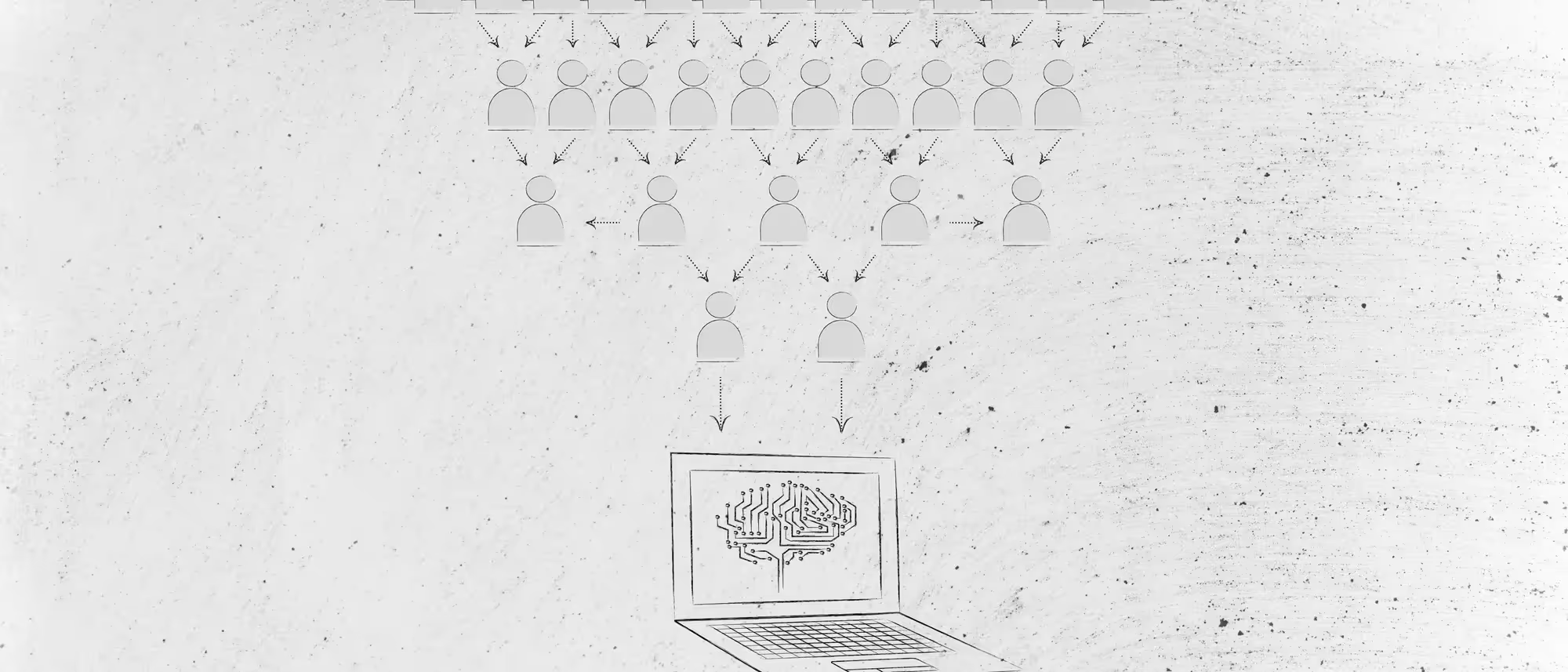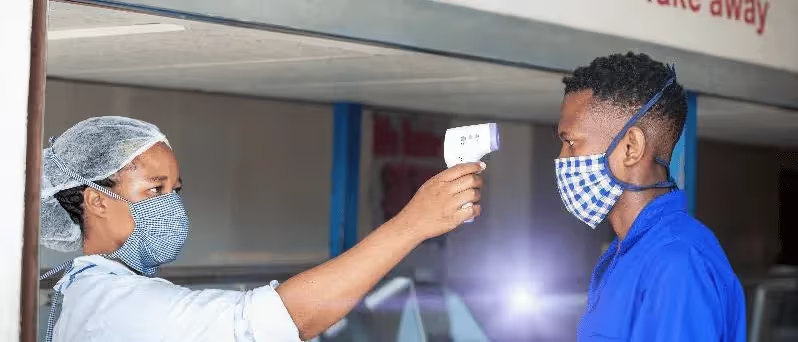Stakeholder perspectives on completed PM+ research in Peshawar, Pakistan

It has been a busy year at the Lady Reading Hospital in Peshawar, Pakistan, as a team of mental health professionals and trained non-specialists engaged in implementing and evaluating the Problem Management Plus (PM+) program in three primary healthcare clinics in Peshawar.
For the last decade, the people of Pakistan generally and Khyber Pakhtunkhwa (KPK) in particular have witnessed devastating human-made disasters including suicide bomb blasts and terrorist attacks killing hundreds of innocent men, women and children. In addition, KPK has experienced natural disasters including floods and earthquakes that have damaged the regions infrastructure. Both depression and stress related reactions such as fear, anxiety and a sense of helplessness are expected to be more common in people living in settings that produce loss, chronic fear and worry. As described in a previous blog, it is essential to provide evidence-based mental health support to populations exposed to such adversities.
Delivering PM+ in a conflict-effected area
In settings like Peshawar, providing mental health support is a huge challenge considering the low number of mental health professionals and facilities, fragile and overburdened health and social care systems, a volatile security situation, and the stigma attached to mental health. Despite these obstacles 8 trained non-specialists known as “helpers” have successfully delivered the PM+ program to participants presenting to the primary healthcare dispensaries in Peshawar. The impact of PM+ was evaluated using the most robust scientific evaluation method we have for testing if the new PM+ program is better than existing routine care, known as a randomized controlled trial design. The study was followed by a qualitative study to obtain key informants perspectives on merits and limitations of PM+
What have we achieved?
While the results of this research will be reported in future scientific communications, we can communicate already now that we have been able to successfully complete the data collection according to our published trial protocol and that the data look good. On this basis of this and another study, WHO has decided to release this week the PM+ protocol on its popular website.
PM+ is designed to be easy to incorporate with life activities, requiring minimal time to practice strategies on a regular basis. The ease with which PM+ fitted into participants’ routines, and the positive changes from the simple strategies gained over five sessions was viewed positively by participants:
“I feel the [stress management] exercise was very helpful for me, I could easily do it to and whenever I exercised, my body aches went away. I felt as if certain burden has been lifted up from me.” – A participant
As expected, in early PM+ sessions participants found it often difficult to open-up to lay helpers about their problems, but this went away once the participant and lay helper built a trusting relationship. At the end of the five PM+ sessions, participants showed positive progress which was noticed by themselves and their family members, as is illustrated in the case study of Aliya (not her real name).
Aliya’s journey through PM+:
Aliya is a 28 year old mother of 2 children. She was at road crossing when a bomb went off, killing one man. Since this experience, Aliya felt distressed and lost interest in caring for her family and completing household chores. She wouldn’t talk much to anyone and always seemed distant. Aliya’s family were concerned about her changed behavior and moods, and supported her to attend her primary healthcare clinic for support. Through this Aliya was enrolled in the PM+ program. Whilst initially hesitant, Aliya started attending sessions with her helper and gradually opened-up about her experience and the problems she was now facing. Her lay helper listened to her concerns about the safety of herself and her family, provided her with emotional support, and introduced her to the PM+ strategies to help her manage the difficulties she was facing. Improvement in her moods and level of engagement in social activities was noticed by her family:
“It feels like she is back with us after months. She talks with family members and friends now, she seems better. Also, she has started taking interest in household.” – Aliya’s husband
Aliya’s helper was also proud of her progress:
“It was a delight to see her improving every session. She talked more and more about her fears and eventually got over them to a great extent. I think exercises [the skills she learned] really helped her in staying calm.” – Aliya’s helper
Overcoming Challenges:
Implementing and evaluating the impact of PM+ in the Peshawar setting was not without challenges. Some challenges were reported by helpers and participants, for example many participants were facing depression like symptoms involving low levels of energy and motivation to attend weekly sessions. To address this helpers used additional engagement strategies, such as calling or sending text messages before each session. The challenge of keeping participants motivated and engaged was sometimes frustrating for the helpers. Nevertheless, the opportunity to learn new skills and the feeling of doing something that was contributing to the well being of their local community kept lay helpers going:
“The techniques we learnt and taught the participants were highly effective ‘get going keep doing’, the relaxation technique and the tasks that we gave them, all were helpful. It felt great to be a contributor in making them feel better and this incentive kept us going.”- A helper
Initial potential barriers including logistics, difficulty learning PM+ strategies, and long sessions didn’t seem so big to participants after they had attended a few sessions and noticed the significance of the PM+ program to their lives:
“Initially, it was difficult for me to come because of transport issues since I had to catch many vans to reach here. But after a couple of sessions I thought this isn’t a big problem compared to what I’m getting here so I came regularly.”- A participant
Future steps for PM+ in Pakistan:
People with common mental health problems in Pakistan need access to appropriate and effective mental health support. This evaluation suggests that PM+ provides an evidence–based approach to addressing the mental health impacts of Pakistani people living in settings facing chronic adversity. Working in partnership with local primary health systems and specialist institutions such as Lady Reading Hospital, we will be convening stakeholder meetings and developing strategies to ensure that this evidence-based program continues to reach the local population beyond the conduct of this research.
Names of authors and affiliations
Syed Usman Hamdani, Human Development Research Foundation, Islamabad, Pakistan &University of Liverpool, UK,
Amna Zulfiqar, Human Development Research Foundation, Islamabad, Pakistan,
Huma Nazir, Human Development Research Foundation, Islamabad, Pakistan,
Parveen Akhatar, Human Development Research Foundation, Islamabad, Pakistan,
Anna Chiumento, University of Liverpool, UK,
Atif Rahman, University of Liverpool, UK,
Mark van Ommeren, Department of Mental Health and Substance Abuse, World Health Organization, GenevaIt has been a busy year at the Lady Reading Hospital in Peshawar, Pakistan, as a team of mental health professionals and trained non-specialists engaged in implementing and evaluating the Problem Management Plus (PM+) program in three primary healthcare clinics in Peshawar.
For the last decade, the people of Pakistan generally and Khyber Pakhtunkhwa (KPK) in particular have witnessed devastating human-made disasters including suicide bomb blasts and terrorist attacks killing hundreds of innocent men, women and children. In addition, KPK has experienced natural disasters including floods and earthquakes that have damaged the regions infrastructure. Both depression and stress related reactions such as fear, anxiety and a sense of helplessness are expected to be more common in people living in settings that produce loss, chronic fear and worry. As described in a previous blog, it is essential to provide evidence-based mental health support to populations exposed to such adversities.
Delivering PM+ in a conflict-effected area
In settings like Peshawar, providing mental health support is a huge challenge considering the low number of mental health professionals and facilities, fragile and overburdened health and social care systems, a volatile security situation, and the stigma attached to mental health. Despite these obstacles 8 trained non-specialists known as “helpers” have successfully delivered the PM+ program to participants presenting to the primary healthcare dispensaries in Peshawar. The impact of PM+ was evaluated using the most robust scientific evaluation method we have for testing if the new PM+ program is better than existing routine care, known as a randomized controlled trial design. The study was followed by a qualitative study to obtain key informants perspectives on merits and limitations of PM+
What have we achieved?
While the results of this research will be reported in future scientific communications, we can communicate already now that we have been able to successfully complete the data collection according to our published trial protocol and that the data look good. On this basis of this and another study, WHO has decided to release this week the PM+ protocol on its popular website.
PM+ is designed to be easy to incorporate with life activities, requiring minimal time to practice strategies on a regular basis. The ease with which PM+ fitted into participants’ routines, and the positive changes from the simple strategies gained over five sessions was viewed positively by participants:
“I feel the [stress management] exercise was very helpful for me, I could easily do it to and whenever I exercised, my body aches went away. I felt as if certain burden has been lifted up from me.” – A participant
As expected, in early PM+ sessions participants found it often difficult to open-up to lay helpers about their problems, but this went away once the participant and lay helper built a trusting relationship. At the end of the five PM+ sessions, participants showed positive progress which was noticed by themselves and their family members, as is illustrated in the case study of Aliya (not her real name).
Aliya’s journey through PM+:
Aliya is a 28 year old mother of 2 children. She was at road crossing when a bomb went off, killing one man. Since this experience, Aliya felt distressed and lost interest in caring for her family and completing household chores. She wouldn’t talk much to anyone and always seemed distant. Aliya’s family were concerned about her changed behavior and moods, and supported her to attend her primary healthcare clinic for support. Through this Aliya was enrolled in the PM+ program. Whilst initially hesitant, Aliya started attending sessions with her helper and gradually opened-up about her experience and the problems she was now facing. Her lay helper listened to her concerns about the safety of herself and her family, provided her with emotional support, and introduced her to the PM+ strategies to help her manage the difficulties she was facing. Improvement in her moods and level of engagement in social activities was noticed by her family:
“It feels like she is back with us after months. She talks with family members and friends now, she seems better. Also, she has started taking interest in household.” – Aliya’s husband
Aliya’s helper was also proud of her progress:
“It was a delight to see her improving every session. She talked more and more about her fears and eventually got over them to a great extent. I think exercises [the skills she learned] really helped her in staying calm.” – Aliya’s helper
Overcoming Challenges:
Implementing and evaluating the impact of PM+ in the Peshawar setting was not without challenges. Some challenges were reported by helpers and participants, for example many participants were facing depression like symptoms involving low levels of energy and motivation to attend weekly sessions. To address this helpers used additional engagement strategies, such as calling or sending text messages before each session. The challenge of keeping participants motivated and engaged was sometimes frustrating for the helpers. Nevertheless, the opportunity to learn new skills and the feeling of doing something that was contributing to the well being of their local community kept lay helpers going:
“The techniques we learnt and taught the participants were highly effective ‘get going keep doing’, the relaxation technique and the tasks that we gave them, all were helpful. It felt great to be a contributor in making them feel better and this incentive kept us going.”- A helper
Initial potential barriers including logistics, difficulty learning PM+ strategies, and long sessions didn’t seem so big to participants after they had attended a few sessions and noticed the significance of the PM+ program to their lives:
“Initially, it was difficult for me to come because of transport issues since I had to catch many vans to reach here. But after a couple of sessions I thought this isn’t a big problem compared to what I’m getting here so I came regularly.”- A participant
Future steps for PM+ in Pakistan:
People with common mental health problems in Pakistan need access to appropriate and effective mental health support. This evaluation suggests that PM+ provides an evidence–based approach to addressing the mental health impacts of Pakistani people living in settings facing chronic adversity. Working in partnership with local primary health systems and specialist institutions such as Lady Reading Hospital, we will be convening stakeholder meetings and developing strategies to ensure that this evidence-based program continues to reach the local population beyond the conduct of this research.
Names of authors and affiliations
Syed Usman Hamdani, Human Development Research Foundation, Islamabad, Pakistan &University of Liverpool, UK,
Amna Zulfiqar, Human Development Research Foundation, Islamabad, Pakistan,
Huma Nazir, Human Development Research Foundation, Islamabad, Pakistan,
Parveen Akhatar, Human Development Research Foundation, Islamabad, Pakistan,
Anna Chiumento, University of Liverpool, UK,
Atif Rahman, University of Liverpool, UK,
Mark van Ommeren, Department of Mental Health and Substance Abuse, World Health Organization, Geneva
Stay updated
Sign up for our newsletter to receive regular updates on resources, news, and insights like this. Don’t miss out on important information that can help you stay informed and engaged.
Explore Elrha
Learn more about our mission, the organisations we support, and the resources we provide to drive research and innovation in humanitarian response.


